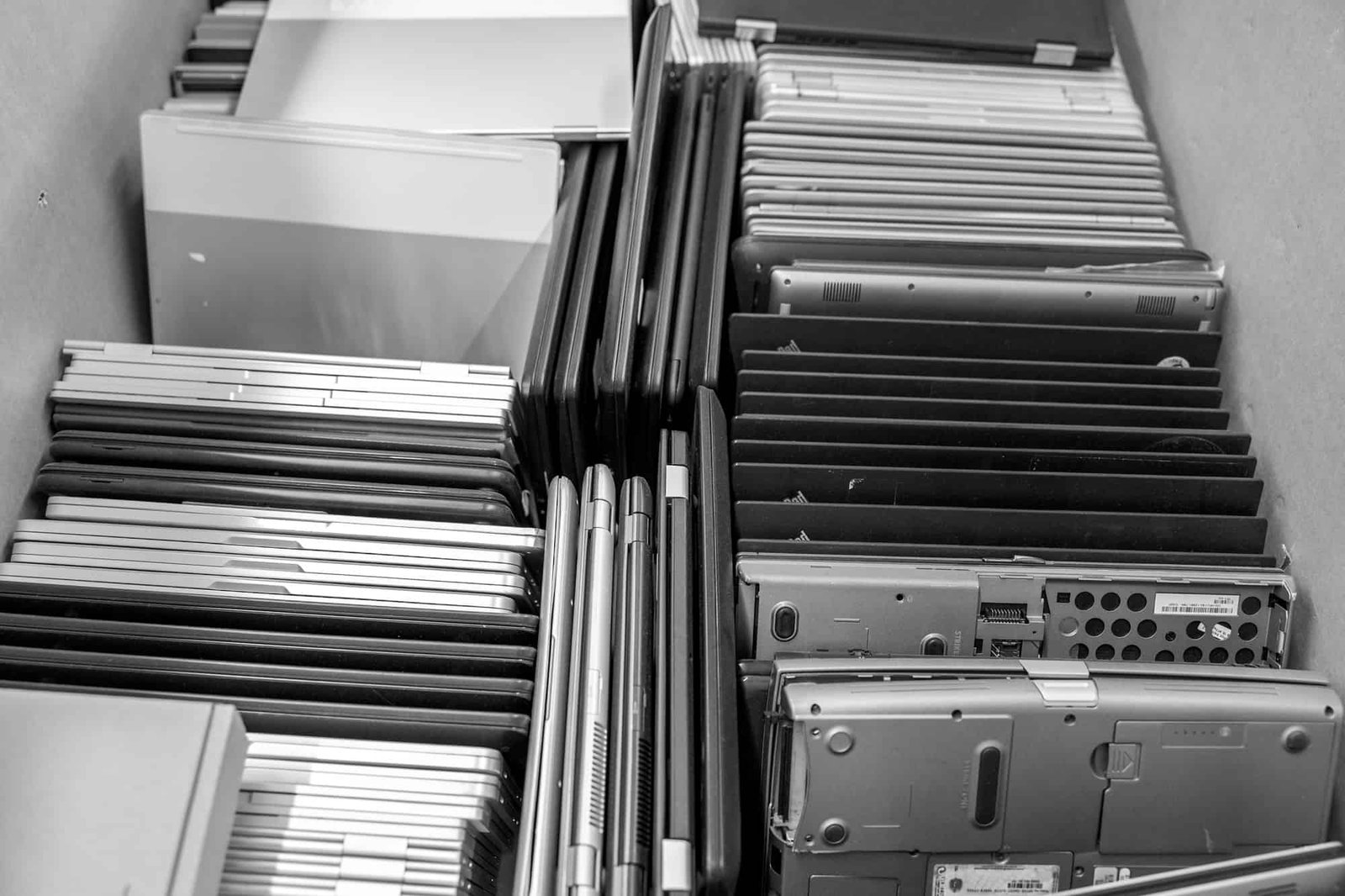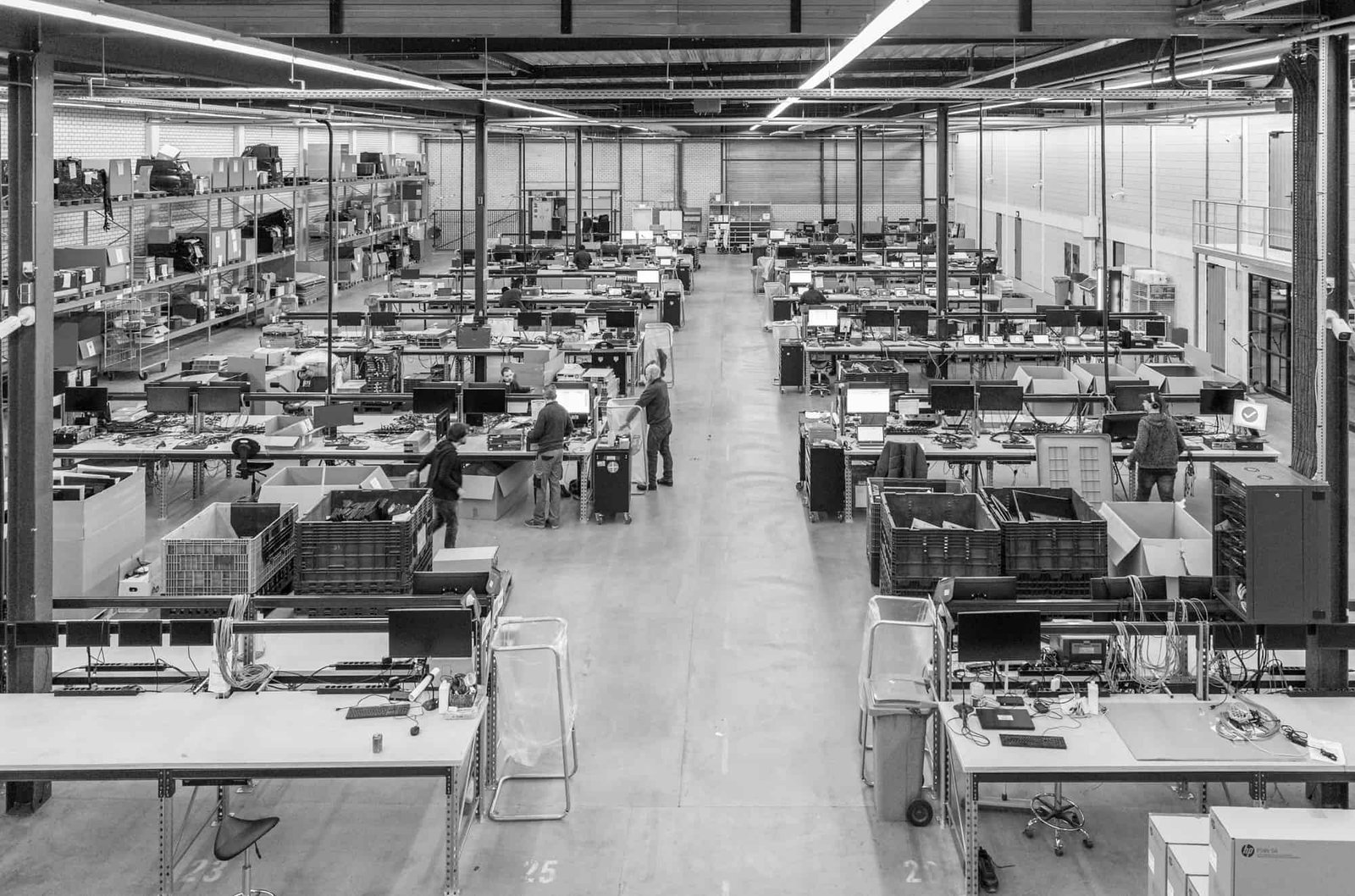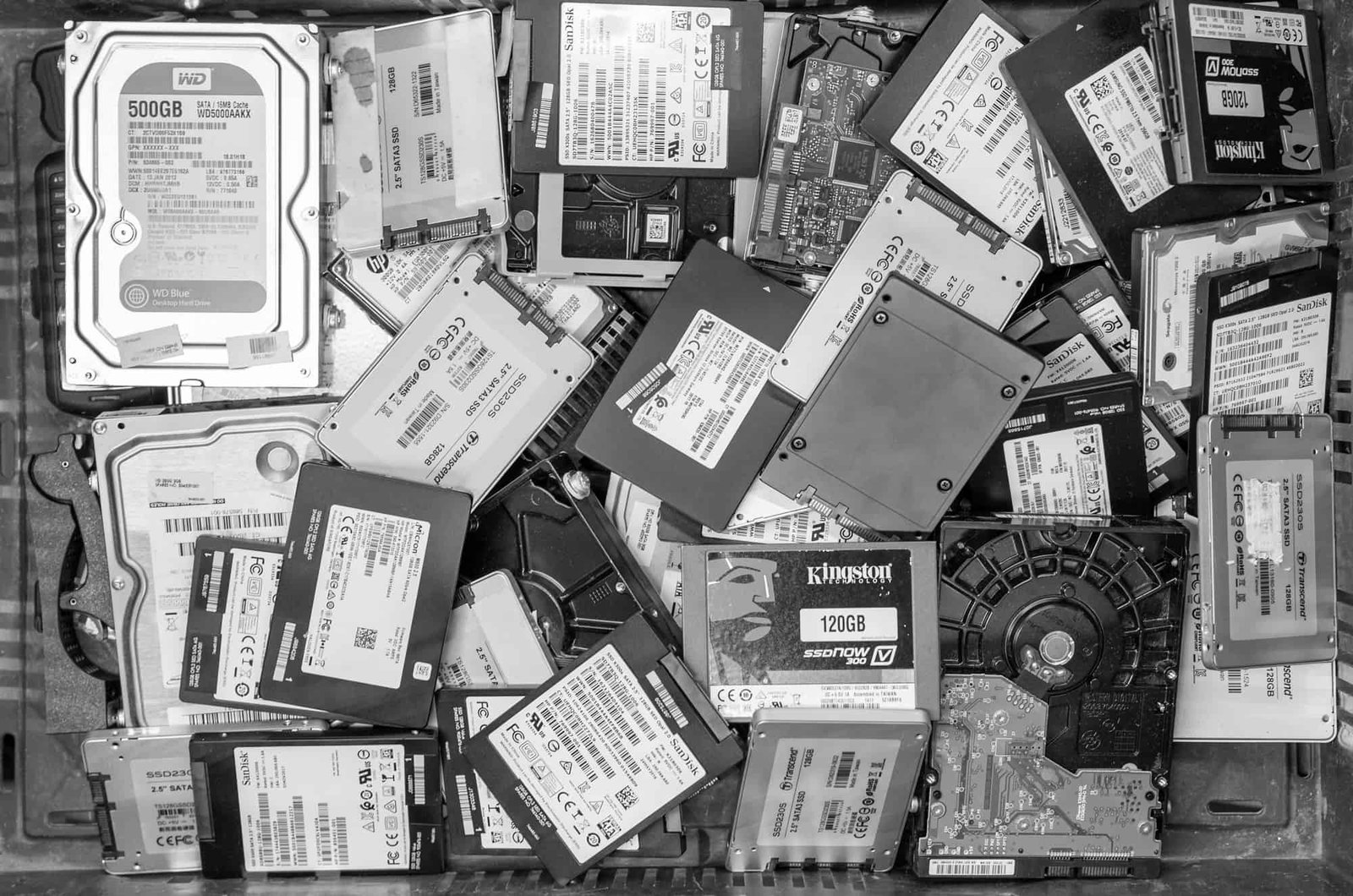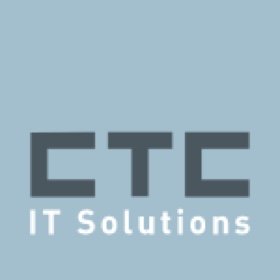


Trusted party
This directly affects an ITAD provider’s partnership with the customer. More so than in other areas, both parties commit to the partnership with a long-term intension. “Companies are very careful in their choice of who to partner up with for this,” Daan says. “That is why for us the personal network is very important. People who change jobs want to work with a trusted party and that is a great source of new customers for us.” People are cautious about new contacts from outside, according to Daan. “So cold acquisition is not effective for this market, and doesn’t really exist anymore.”
This illustrates the importance of being able to solidify credibility. Large organisations and large local companies really have something to lose if anything goes wrong in the data-free and responsible disposal of surplus IT equipment. Daan: “There is plenty of awareness of data security. Companies may have resources to wipe data themselves, but we do it again with our quality procedures just to be sure.”
CTC goes straight to work
There is still plenty of time to be gained in dealing with organisations, Daan thinks. It is a lot of work for organisations to wipe their equipment themselves, remove features such as labels, register and dispose of or sell it. But the approach via IT suppliers also has snags, according to Daan. Those suppliers prefer to put their own specialists on new implementation projects and this creates a cumbersome system of partners bringing in other partners because they lack the capacity and knowledge themselves. Whereas ITAD specialist CTC IT Solutions gets to work immediately after a phone call, non-specialist parties must first activate their partners, who in turn activate their partners. “We do everything ourselves with our own resources and people, there is always someone from us. If, for example, a truck cannot come, we can solve it immediately,” Daan assures.
On top of these advantages, there are increasingly stringent requirements for disposal op old IT equipment, for which CTC IT Solutions has all the paperwork. Daan lists them: “The NIWO licence for the transport of potentially hazardous waste, ISO 9001 for customer satisfaction, ISO 14001 for environmental performance, ISO 27001 for information security, NEN 7510 for healthcare information security, and the BLANCCO ITAD Gold Partner certification for 100% effective and safe data disposal. And these are all crucial,” he says. “Just think about the GDPR. Every organisation has its security officers and everyone is strictly monitoring how data is handled.” A few years ago, he recalls, that was different. “No one thought about the data that might be on a switch, for example.”
Emphasis on sensitive data
ITAD is more than data wiping and hardware disposal, however. It is also important that hardware finds a new use as much as possible. “Certainly in the beginning, the potential residual value was perhaps the most important consideration for organisations. Less attention was paid to sensitive data then, but the focus is now much more on that data and, in addition, what happens to the surplus equipment,” Daan says. “You have to be accountable for that as an organisation as well.” According to Daan, finding a new destination would be easier if used hardware gained more traction in the business market as well. “The fact that a large multinational depreciates hardware after three years does not mean that the hardware is obsolete. Often the hardware can still last for years. And that way you also save on CO2 emissions and raw materials. We even offer customised reporting for that. And the residual value of that old equipment can also be used in other ways. Think, for example, of donating through the ITdonations foundation.”
For the (re)deployment of used equipment, there are certainly still steps to be taken in the Netherlands, especially in government services, Daan observes. “You see that countries like Sweden and Denmark are in the process of introducing an obligation that a certain percentage of hardware must be refurbished,” he mentions. “There is a perception that refurbished hardware would not have the same warranty or ‘carepack’ as new equipment, while some major hardware suppliers are already working on this.”
“The decision for using refurbished hardware ultimately lies with the CIOs and CSR managers,” Daan knows. “The one who pays, decides. Their decision-making is largely influenced by the market, and thus pricing. But with increasing laws and regulations, it will be a combination of factors that will drive the refurbished market forward.”
Daan van Nieuwenhoven is a partner at CTC and has seen many changes in the market in the company’s 18 years of existence. Gaining trust is more important than ever before, and partly because of CTC’s approach, the company is a long-term partner of several very large European companies. “More and more organisations are emphasising accountability and reliability,” Daan says. “They want data to be wiped at their location, for example, because they need that extra security.”
Safely dispose of hardware?
Request a quote now!
Safely dispose of hardware?
Request a quote now!
